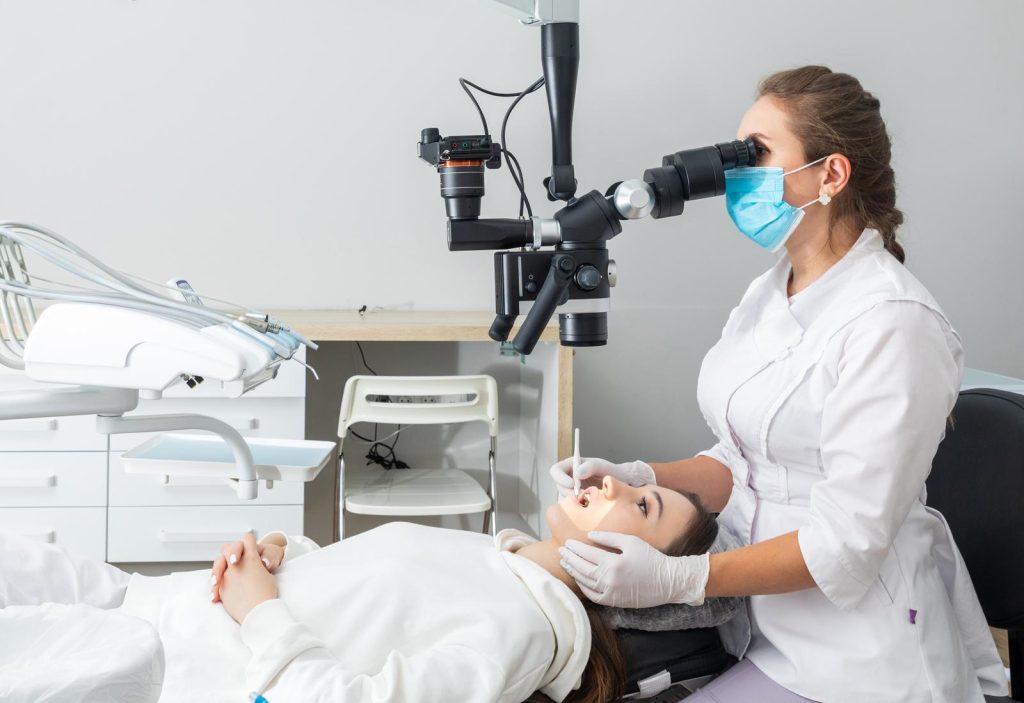Our Services
Receding Gums
The gum tissue may slowly recede from the teeth, also known as recession. This happens when the bones that support the teeth are destroyed due to continuous bacterial exposure.
Swollen
Gum disease and oral cancer often result in swollen, very sensitive gums (gingiva). There are a number of causes for bone degradation such as smoking, stress, and genetics.
Tooth Sensitivity
Oral cancer and gum disease can cause you to experience a sudden change in how sensitive your teeth are. They may become too sensitive to hot or cold food, or even air.
Destroyed
This is because the infection has destroyed the protective tissue around the nerves in your teeth, which then allows the nerves to come in direct contact with anything they touch (foods, drinks, air).
Accompanied
Severe tooth sensitivity is often accompanied by other dental problems such as a decayed tooth or gum disease (gingivitis). This is due to a greater than normal exposure to bacteria in the mouth and inadequate treatment or hygiene from the patient.
Already Weak
If your teeth are already weak, brittle or highly susceptible to breaks you may experience severe pain when certain foods hit them, or when you bite down on something hard (such as chewing a pencil).



